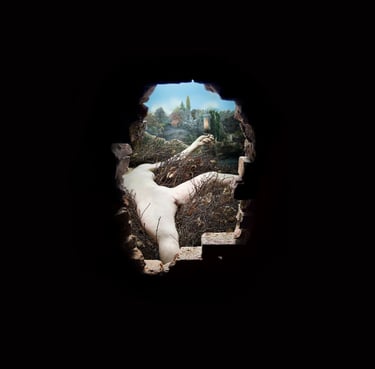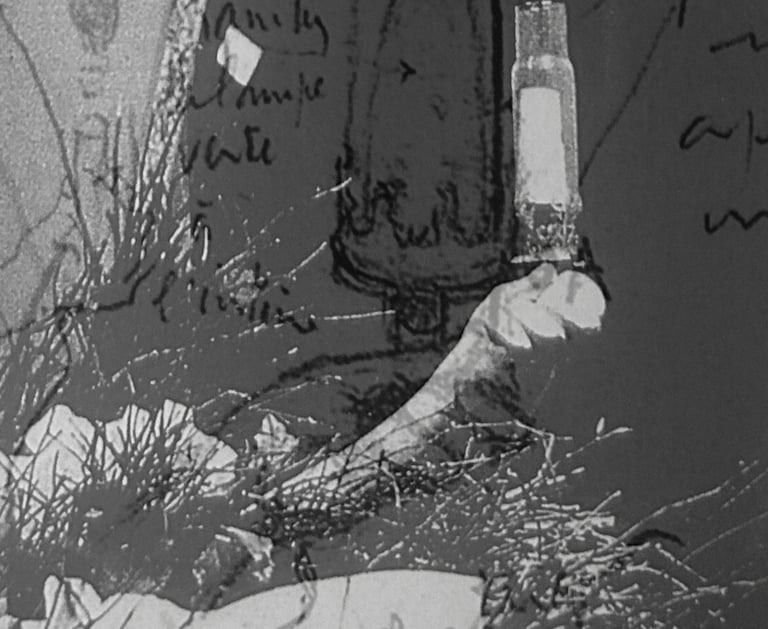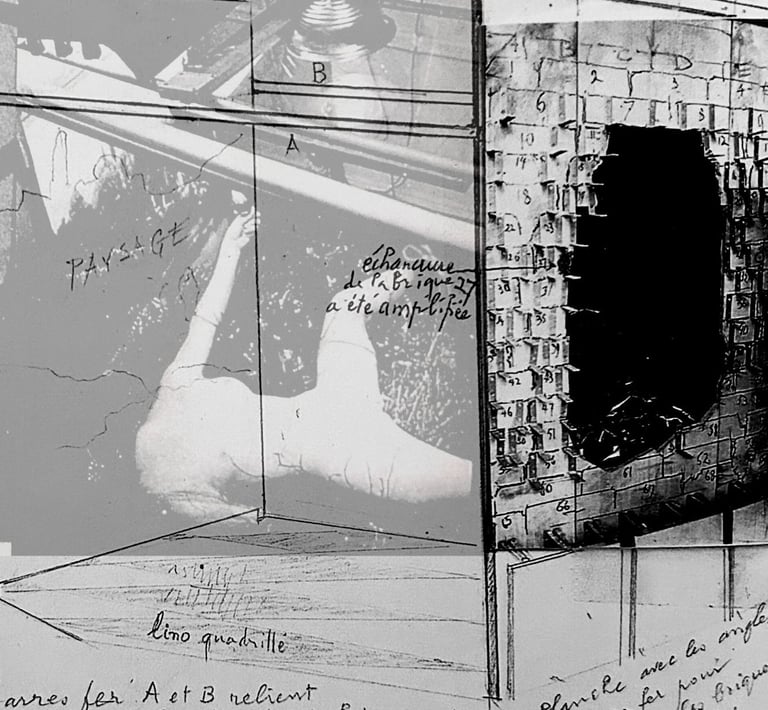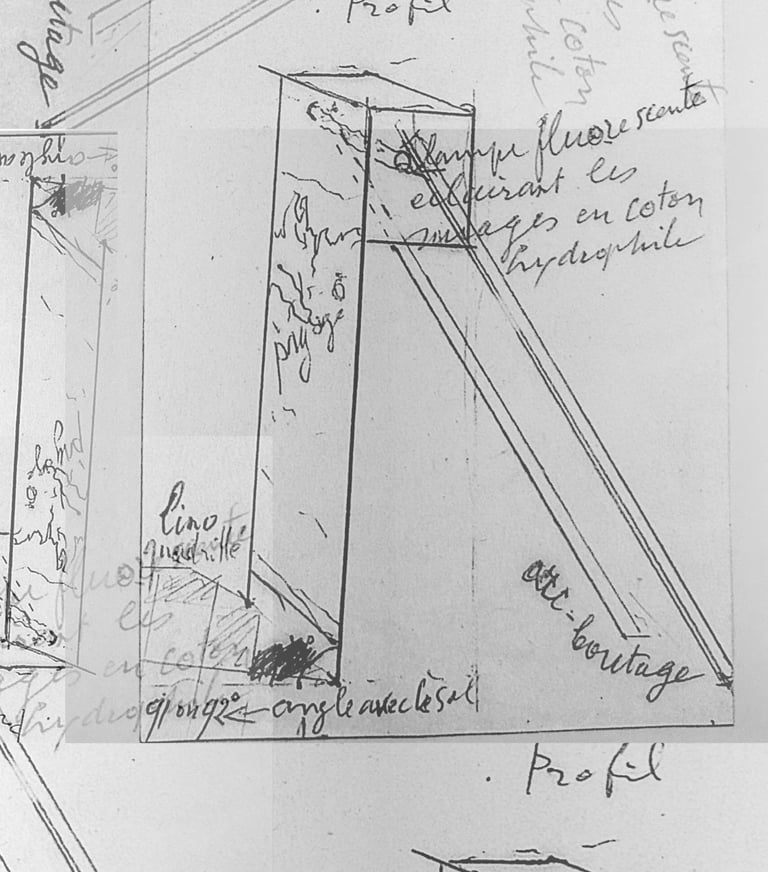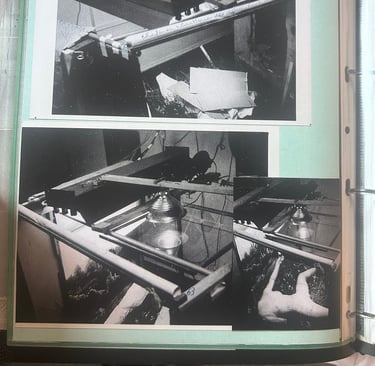Reasons for Étant Donnés: Available October 3, 2025
window.onpageshow = function() { window.scrollTo(0, 0); };
The Luminous Mysteries
of the Rosary
ROSARIUM VIRGINIS MARIAE
In 2002, the Pope of the Catholic Church, John Paul the II, penned a letter that is archived in the Vatican library explaining his creation of the "Luminous Mysteries" of the well-known Catholic practice of the Rosary.
Volume II of Reasons follows this origin story as well. The Mysteries of Light are both a divination and a desperate plea to bring conscious light back into our modern era.
Pope John Paul's letter notes that the addition of the Luminous Mysteries at the turn of the millenia was, in his view, an essesntial demarcation and acknowledgement of "public" facing consciousness. (e.g., the internet of things as an ever present stage in your pocket and in your mind).
With this leter, I welcome you to the text Reasons for Etant Donnes, a translation of the Luminous Mysteries into poetry. They are refracted, reflected, and wrought to resonate in the din of this age. Through these poems, I invite you to reclaim the word pray, to remain connected to the light.
APOSTOLIC LETTER
OF THE SUPREME PONTIFF JOHN PAUL II
TO THE BISHOPS, CLERGY AND FAITHFUL
ON THE MOST HOLY ROSARY
Read the full text of the vatican letter
The History of the Rosary
The Secrets of the Mysteries
Chapter Digest for Reasons for Etant Donnes
Philosophy, symbolism, and canonical theory
Poetry as Contemplative Prayer
The Rosary, precisely because it starts with Mary’s own experience, is exquisitely contemplative. Without contemplation, the Rosary is a body without a soul, and its recitation becomes a mechanical repetition of formulas, rather than the panorama of “ceaseless” prayer. It is a salutary contemplation of maternal intercession that can obtain all things from the heart of her child.




Water → Baptism of Jesus Symbolizes cleansing, new life, and spiritual rebirth, echoing Marron's exploration of fluidity and transformation.
Marriage → Wedding at Cana Reflects covenant, union, and sacred celebration, paralleling themes of relational and mystical joining.
Kingdom → Proclamation of the Kingdom Represents the call to divine justice and renewal, resonating with Marron's vision of spiritual sovereignty.
Transfiguration → Transfiguration of Jesus Embodies revelation and divine glory, mirroring Marron's focus on transformation and unveiling.
Body → Institution of the Eucharist Centers on embodiment and sacramental presence, aligning with Marron's meditation on corporeality and mystery.
This visual map invites a contemplative dialogue between contemporary art interpretation and traditional prayer, enriching understanding of both. [Image suggestion: A stylized rosary with each bead linked to symbolic icons representing Marron's chapters, overlaid on a subtle background of Etant Donnés imagery.]
This visual dialogue between contemporary poetry and sacred tradition reveals profound thematic resonances: cleansing and rebirth in Water/Baptism, covenant and union in Marriage/Cana, divine justice in Kingdom/Proclamation, revelation in Transfiguration, and embodied mystery in Body/Eucharist.
Ready-Made Poems
Exploring modernity through poetry and visual art.
Sara Cahill Marron Poetry Est. 2013
© 2025. All rights reserved.








